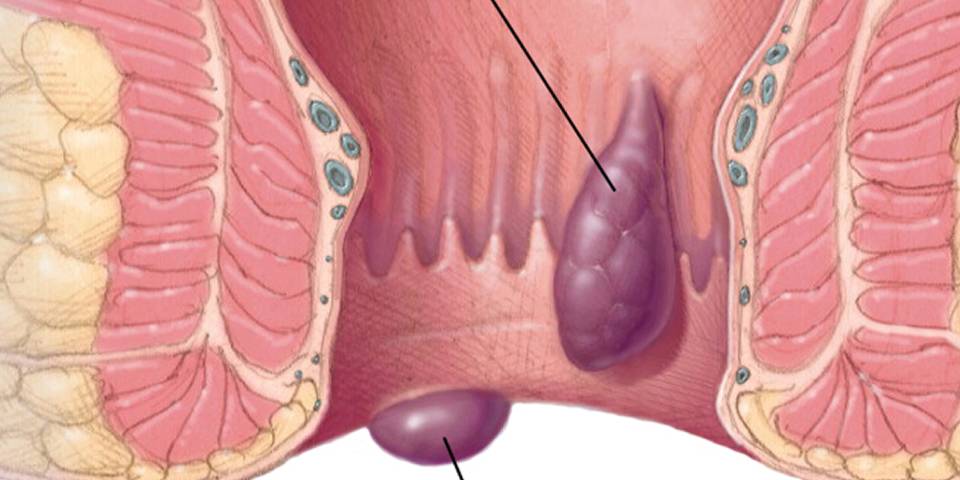This is custom heading element
Piles, also known as hemorrhoids, are swollen veins in the rectum and anus. They can be internal, which means they are located inside the rectum, or external, which means they are located outside the anus. Piles are a common problem, affecting about half of all adults at some point in their lives.
Symptoms of Piles:
The most common symptoms of piles are:
- Pain or discomfort in the rectum or anus
- Bleeding after bowel movements
- Itching around the anus
- A feeling of fullness or pressure in the rectum
- A lump or bulge around the anus
Causes of Piles:
The exact cause of piles is unknown, but there are a number of factors that can increase your risk of developing them, including:
- Constipation
- Diarrhea
- Pregnancy
- Obesity
- Lifting heavy objects
- Straining during bowel movements
- Sitting for long periods of time
Treatment for Piles:
There are a number of treatments available for piles, including:
- Lifestyle changes: There are a number of lifestyle changes that you can make to help prevent and treat piles, such as:
- Eating a high-fiber diet
- Drinking plenty of fluids
- Exercising regularly
- Avoiding constipation and diarrhea
- Not straining during bowel movements
- Over-the-counter medications: There are a number of over-the-counter medications that can help to relieve the symptoms of piles, such as:
- Pain relievers
- Stool softeners
- Hemorrhoid creams and suppositories
- Prescription medications: In some cases, your doctor may prescribe medications to help treat piles, such as:
- Steroid creams and suppositories
- Injections of blood thinners
- Surgery: In severe cases, surgery may be necessary to remove piles. There are a number of different surgical procedures available, and your doctor will discuss the best option for you.
How to Get Rid of Piles Permanently?
There is no one-size-fits-all answer to this question, as the best way to get rid of piles permanently will vary depending on the severity of your condition and your individual circumstances. However, there are a number of things you can do to help prevent and treat piles, including:
- Eating a high-fiber diet: A high-fiber diet helps to keep your stools soft and easy to pass, which can help to prevent constipation and straining. Good sources of fiber include fruits, vegetables, and whole grains.
- Drinking plenty of fluids: Drinking plenty of fluids helps to keep your stools soft and easy to pass. Aim to drink eight glasses of water per day.
- Exercising regularly: Exercise helps to improve your overall health and can also help to prevent constipation. Aim for at least 30 minutes of moderate-intensity exercise most days of the week.
- Avoiding constipation and diarrhea: Constipation and diarrhea can both put pressure on your veins in the rectum and anus, which can lead to piles. If you are struggling with constipation or diarrhea, talk to your doctor about ways to manage your condition.
- Not straining during bowel movements: Straining during bowel movements can put pressure on your veins in the rectum and anus, which can lead to piles. If you find yourself straining, try to relax and take a break. If you are still unable to pass a bowel movement after a few minutes, talk to your doctor.
If you have piles, it is important to see a doctor to get a diagnosis and discuss treatment options. There are a number of effective treatments available, and your doctor can help you find the best option for you.
Promoting Dr. Bhushan Chittawadagi:
Dr. Bhushan Chittawadagi is a general surgeon in Bangalore, India, with over 18 years of experience in the field of laparoscopic GI & HPB surgery. He is a highly skilled and experienced surgeon, and his patients consistently give him high ratings. He is committed to providing his patients with the highest quality care, and he always strives to find the best treatment options for each individual patient.
If you are suffering from piles, I would highly recommend Dr. Bhushan Chittawadagi. He is a compassionate and caring doctor who is dedicated to providing his patients with the best possible care.

